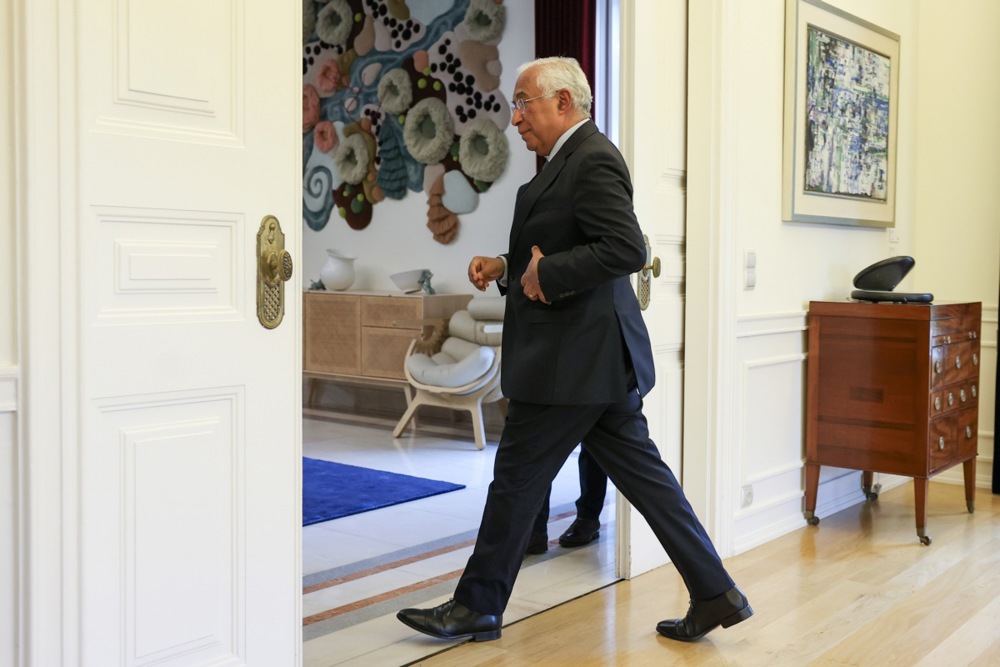Anne Borg, Principal of the Norwegian University of Science and Technology (NTNU), has resigned after it came to light she publicly derided two of her researchers, apparently at the behest of the renewable energy industry.
In November, Rystad Energy, a Norwegian energy research and business intelligence company, published a report on nuclear energy, stating nuclear “would not have any impact on Norway before 2050”.
The report was commissioned by the Federation of Norwegian Enterprise (NHO), the Federation of Norwegian Industries and Renewable Norway.
It emphasised what is said was the high cost of nuclear power and the lengthy development process of small modular reactor (SMR) technology. The report concluded that developers must first demonstrate the technology’s functionality and added that SMR technology was “not relevant” in Norway.
On the same day, two NTNU researchers, Jonas Kristiansen Nøland and Martin Nødland Hjelmeland, released a peer-reviewed paper, carrying the same name as the Rystad Energy report – “Kjernekraft i Norge” or “Nuclear power in Norway”- but coming to the opposite conclusion.
Their paper was positive about nuclear energy and said SMR technology was “mature”, pointing out that Poland was expected to have several dozen such reactors in operation before 2040.
Both academics criticised the Rystadt Energy report in speaking to Dagens Naeringsliv, a business newspaper in Norway, calling it “a commissioned work”.
“We think it’s sad that Norwegian energy policy should be influenced by party statements and influences purchased and paid for by Fornybar Norway,” said Hjelmeland.
They also pointed out that Åslaug Haga, CEO of the Renewable Norway, had previously been sceptical about nuclear power.
Borg apparently attempted to stifle both researchers by publicly criticising them in an opinion piece for Dagens Naeringsliv.
In it she wrote: “Nøland and Hjelmeland refer to the Rystad report as a ‘commissioned work’, and ‘party contributions and influence bought and paid’.
“At NTNU, there is a high ceiling for academic disagreement and freedom of expression is strong. But it is also an important principle not to make undue mention of opponents.
“I would like to emphasise that the statements in the article are rhetoric and a form of discussion that I cannot vouch for as rector of NTNU. This must be at Nøland’s and Hjelmeland’s expense.”
She noted that universities had a “responsibility to promote a culture of expression characterised by mutual acceptance and respect for disagreement, and thus contribute to a civilised discussion”, adding: “We will treat other actors with respect.”
The opinion piece was received as a public scolding of her own academics.
Observers noted that, a week before the nuclear power case, NTNU entered into a co-operation agreement with NHO in which the two parties aimed to focus on “policy statements where the parties have common interests”.
En uke før kjernekraft-saken inngikk NTNU en samarbeidsavtale med NHO der to partene bla ønsker å fokuser på «politikkutspill der partene har felles interesser"
Skal et universitet komme med politikkutspill i faglige spørsmål, og sammen med NHO?https://t.co/68qt90s9en
— Kristian Gundersen (@KristianGunder) December 12, 2023
Exacerbating the situation, the university newspaper found out she had communicated extensively with the Federation of Norwegian Enterprise and NHO, which commissioned the anti-nuclear report and apparently pressured her to turn on her employees.
Knut E Sunde, Director of the Department of Industry and Industrial Policy in the Federation of Norwegian Industries, went as far as to say in messages to Borg: “Now we’re looking forward for you to go out and comment on this, otherwise we have to call for management.”
Borg replied: “We are working on a post.”
Apparently, she followed up by offering to send the post to Sunde before it was submitted. Later, Sunde noted that, “Jonas Nøland is not one to take a hint … Reviews still Rystad as a commissioned work.”
The whole affair blew up publicly and on December 15, Borg announced her resignation.
In a blogpost she said she had been “misjudged and missed” in her intentions. “My statements and formulations were perceived as rebukes by two NTNU researchers.”
“I have apologised for that, and I repeat that apology to the Board. It is my responsibility to express myself so that my intentions cannot reasonably be misunderstood.”
Norway’s Minister of Research and Higher Education Sandra Borch, of the Center Party, said: “I have followed this case closely and understand very well that it has caused reactions.
“Anne Borg has now chosen to resign. It was a wise decision.”





